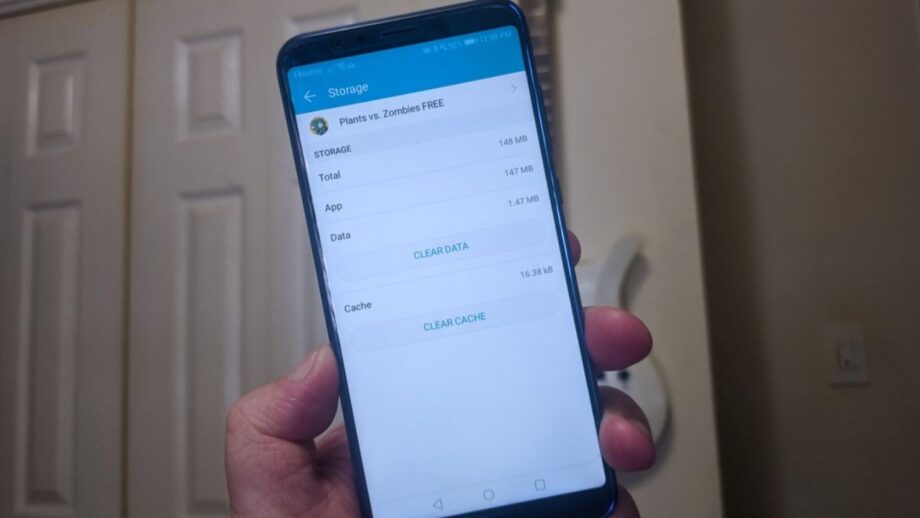Your Android phone’s limited storage space could fill up very rapidly. One easy-to-ignore reason for this is the stored data that programs routinely generate in order to operate at their best. These temporary data files are referred to as “cache,” and they could take up a significant amount of space on your Android device. Examining temporary app files and erasing the cache on an Android device are the next steps.
Your phone quickly recalls relevant information when you launch an app utilizing the temporary information stored in cache files. To avoid having to load the complete song list each time you open a playlist, Spotify, for instance, may cache the playlists you use the most frequently. Google Chrome may have cached a large image on a website that you frequently visit so that you won’t have to download it each time you view the page.
Cache files are only useful for the software they are associated with; for example, Spotify doesn’t require Instagram’s cache. A program routinely deletes the cache files associated with temporary data when it determines that it is no longer required. Websites, apps, and games employ cache files to enhance user experience. In addition to being utilized by your Android phone, the cache is a function of desktop browsers and other software. Without caching, your device would need to reload images and other content each time you view them, which is wasteful.
On more current Android versions, each app’s cache files must be deleted individually. Remember that it is rarely required to remove the whole cache on your device. Most of the time, clearing the caches of a few problematic apps helps resolve storage or performance issues. Follow these steps to clear the cached data for an Android app. Because stock Android 12 was used to write these instructions, your device may have slightly different menu names or an appearance.
After deleting cached files, you’ll recover some storage space, and the app will run normally. However, because you removed the data required for optimum performance, some elements (such as those mentioned above) will load more slowly the next time you use the program. You might discover that it returns once you clean your cache. This is common; depending on your usage, apps will progressively rebuild their cache. The cache is practical. Consequently, you shouldn’t be concerned if an application builds up cached files. When you delete cache, it shouldn’t cause any substantial changes or log you out of apps. There won’t be any loss of information, including game progress and browser bookmarks. See our comprehensive guide on erasing cache and data on Android if you’d like to follow a more thorough removal procedure.
The advantages of clearing the cache on Android Cache files are crucial, but you shouldn’t usually meddle with them. However, there are several circumstances in which it is advantageous to manually delete cache files from your Android phone.
Keep reading IWMBuzz.com












